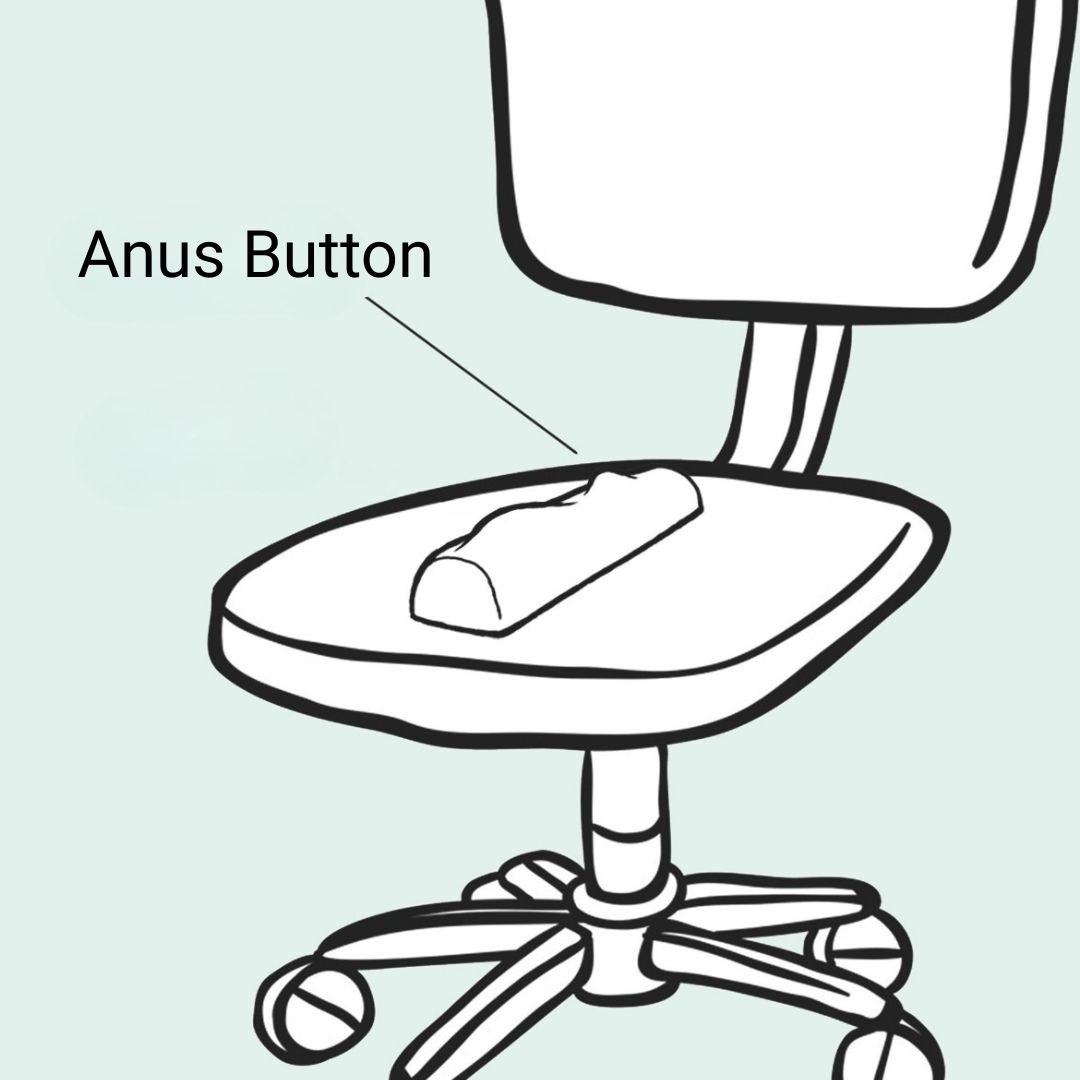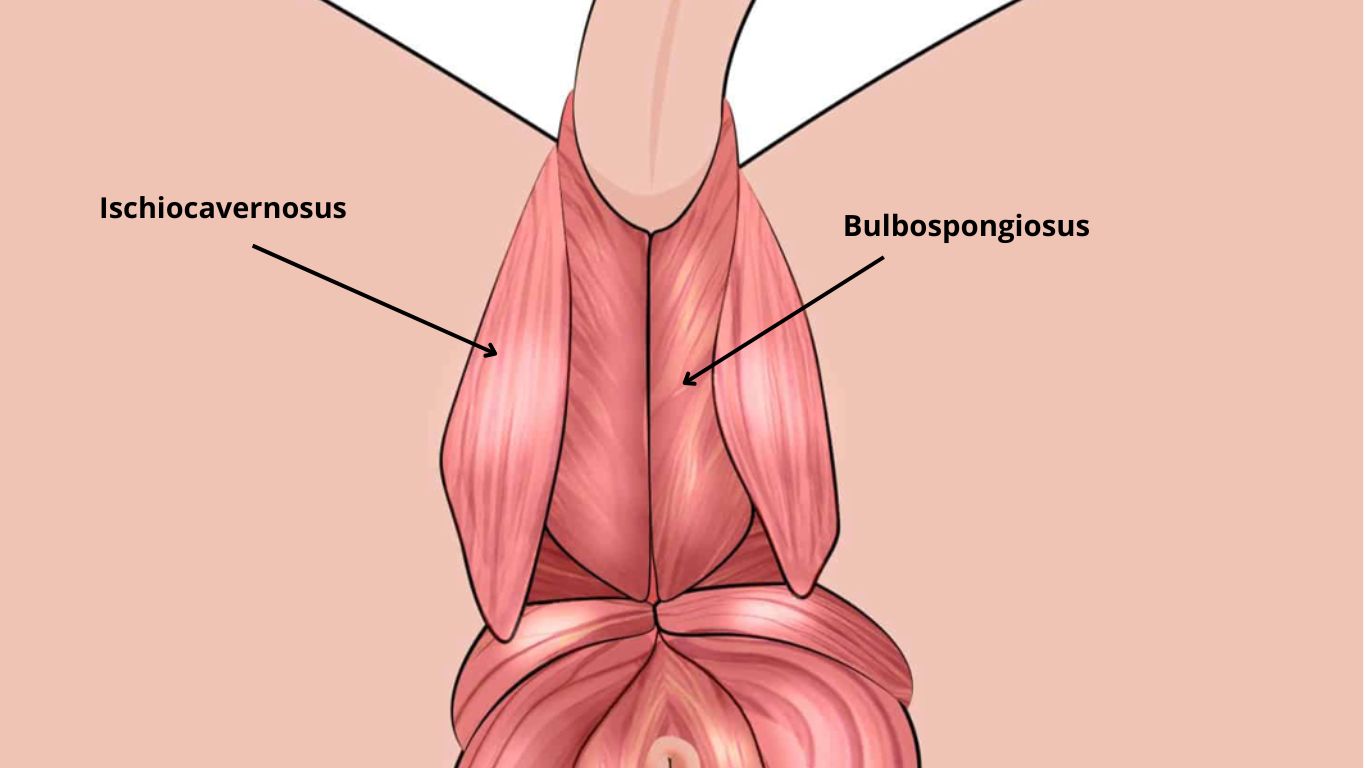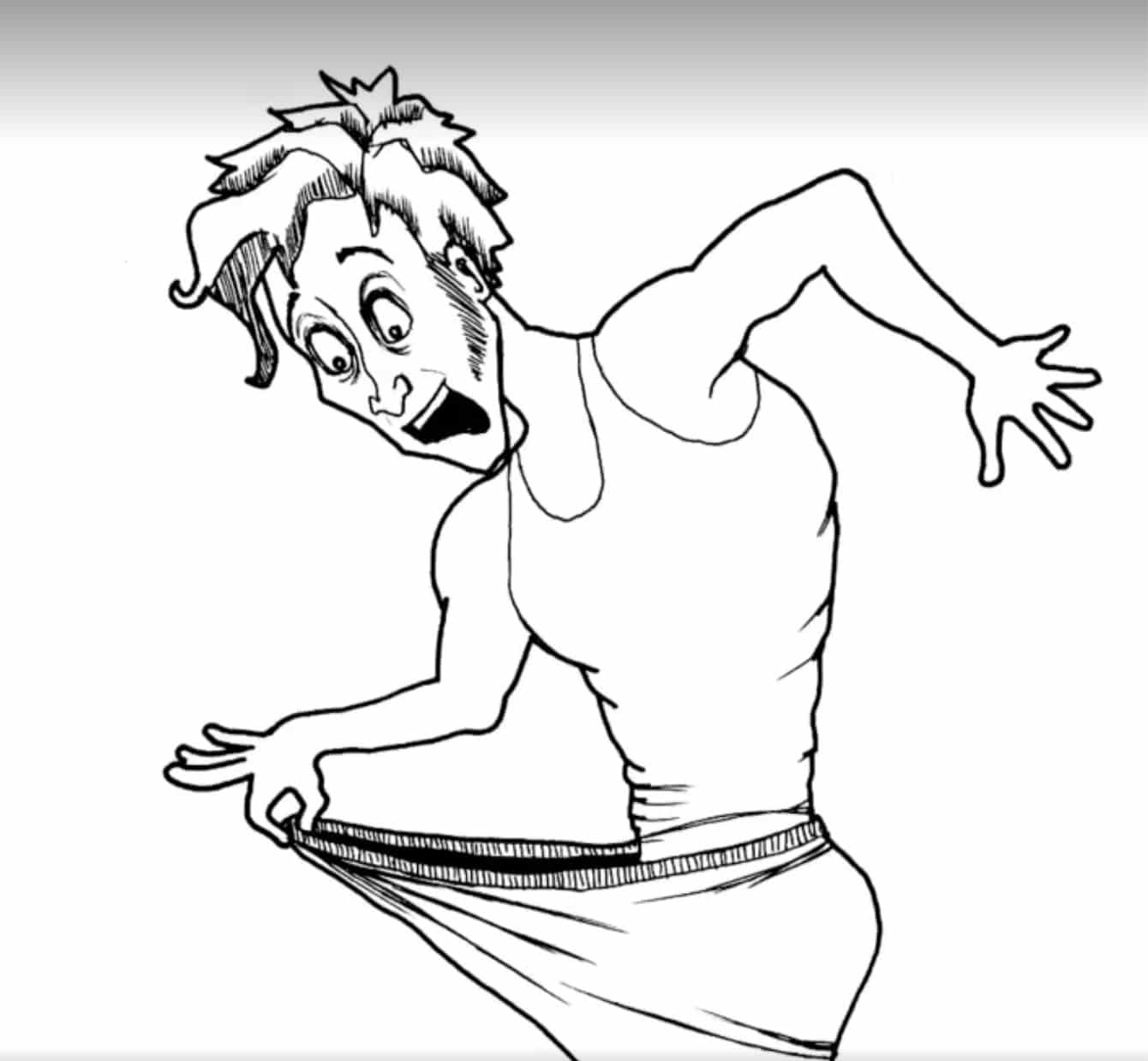What is the Prostate?
The prostate is a walnut-sized gland that produces seminal fluid.
Your seminal fluid mixes with sperm at the prostate and helps with both transport and function. The prostate can be a wonderful gland, but when it grows, it may cause several bothersome problems. It often grows as you age but can also be affected by cancer.
Talk to Your Doctor About Your Prostate
If you notice blood in your urine or semen, a decreasing amount of semen during ejaculation, persistent pain near the anus or perineum, changes in your urination patterns, or difficulties with erections, you should consult your doctor.
Often, symptoms like changes in urination are due to a common, harmless enlarged prostate, but it’s important to talk to your doctor to feel safe and secure!
When the prostate grows and compresses the urethra, the bladder empties poorly and the urine stream becomes weak. You may begin to push harder to urinate in order to compensate, but this tightens the muscles and worsens the problem. When the ischiocavernosus muscle is overactive, it also can’t help fully empty the urethra, causing dribbling afterward. That’s why frequent urges to urinate are common, and you may need to urinate many times during the night.
Your Core – or Core Muscles – Are Essential for All Other Muscles to Function
Your pelvic floor – also called your penile muscles – is the anchor for your core.
In addition to your pelvic floor muscles, your core musculature consists of:
Abdominal muscles: The rectus abdominis, the obliques (external and internal), and the transverse abdominis.
Back muscles: The deep back muscles that help stabilize the spine.
Other muscles: The diaphragm and the hip muscles.







